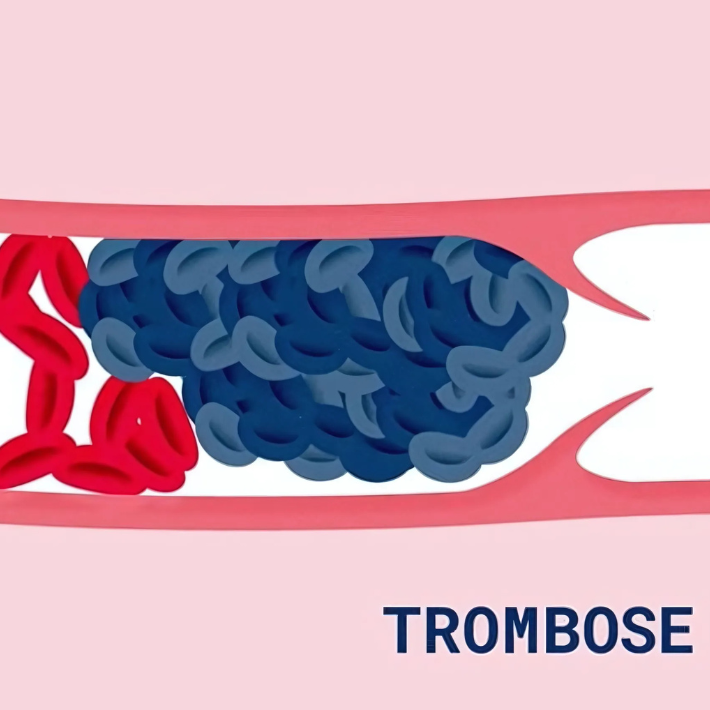Nationwide study on customized blood thinners after hip or knee replacement surgery
&width=710&height=710)
Why is this study important?
Surgery involving hip or knee replacement involves an increased risk of venous thrombosis. Venous thrombosis is a blockage in the blood vessels, usually in the legs (also called a thrombosed leg), but such a clot can also shoot into the lungs (pulmonary embolism). These conditions can have serious consequences; up to 10% of patients with a pulmonary embolism die from it. To prevent this, currently all patients receive the same standard amount of blood thinners. This treatment does not always seem to work very well. A small percentage of all patients develop thrombosis despite taking these blood thinners, while others are unnecessarily exposed to the side effects (bleeding) of the medication.
Customized treatment
This innovative study aims to find the optimal balance between preventing thrombosis and minimizing bleeding after hip or knee replacement surgery. In the study, the risk of thrombosis is estimated in advance using a prediction model, then a patient is categorized: low, medium or high thrombosis risk. Based on this estimated risk, treatment with blood thinners is adjusted. For example, low-risk patients receive a shorter treatment duration, which likely reduces bleeding. Patients at high thrombosis risk receive higher doses and longer treatment with blood thinners, which is expected to result in fewer thromboses.
First patients included in study
This nationwide study includes a total of 10,000 patients. The study is being conducted at several hospitals and independent treatment clinics in the Netherlands. At Reinier Haga Orthopedisch Centrum and Bergman Klinieken, the first patients have now been successfully included in the study.
A step forward
According to the researchers, this study is an important step toward better care for people undergoing knee or hip surgery. “Not everyone needs the same treatment. By personalizing care, we can reduce complications and improve the outcomes of our care,” said Banne Németh, orthopedic surgeon in training and researcher at LUMC.
Here you can find more information about the DISTINCT trial.
The DISTINCT trial is funded by the ‘Goed Gebruik Geneesmiddelen’ program of ZonMw.